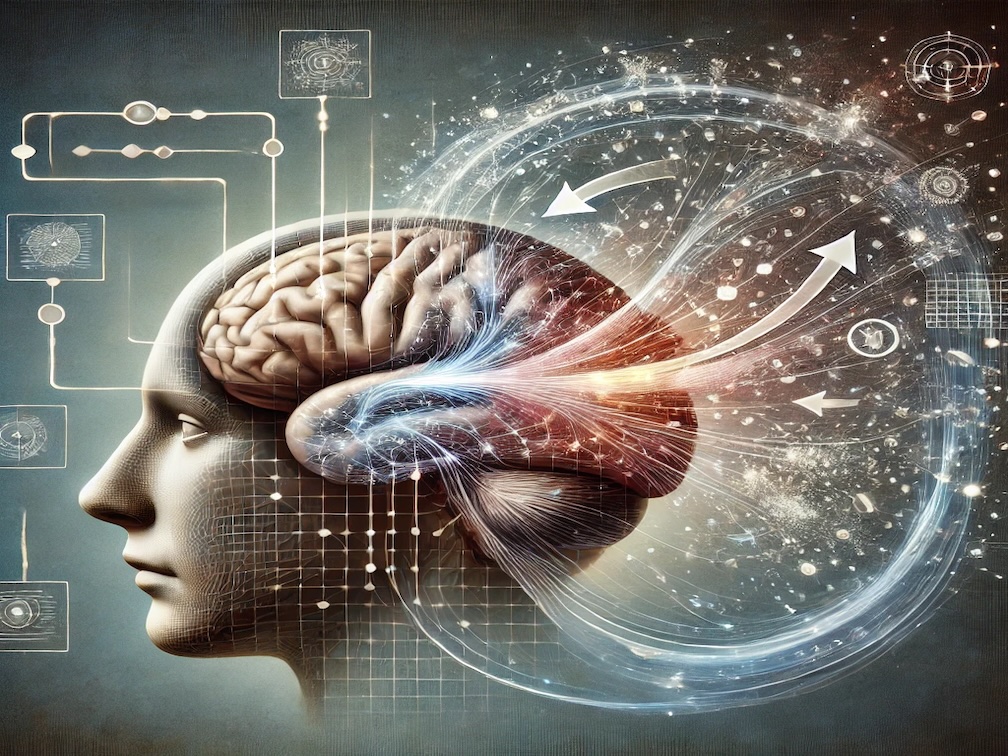
Using Generative AI to Combat Cognitive Bias
In my ongoing exploration of AI’s potential to reshape our understanding and decision-making processes, I recently discovered Confluence: The Intersection of AI and Communications by CRA, a Substack that explores AI and communication. Confluence, now a year old, provides practical information on various AI topics.
One article in particular, caught my attention—its exploration of the Rashomon Effect and its connection to cognitive bias opened my eyes to new ways AI can challenge our perceptions.
Cognitive Bias and the Rashomon Effect
Cognitive bias is our tendency to interpret information in a way that supports our existing beliefs. This bias makes it hard to analyze information objectively, leading to different interpretations of the same facts.
There are over 250 known cognitive biases. Here are a few:
- Confirmation Bias: The tendency to seek only information that supports your beliefs while ignoring contradictory evidence. For example, failing to accept evidence that your solution does not solve all aspects of a problem.
- Anchoring Bias: The tendency to rely too on heavily on one trait or piece of information when making a decision. For example, proposing a solution based on a manager’s preferences.
- Bandwagon Effect: The tendency to do or believe what others do or believe. For example, taking a certain action because your mother always did it that way.
The Rashomon Effect, as highlighted in Confluence, comes from the 1950 Japanese film Rashomon. In the film, four charaters offer different accounts of the same event, illustrating how personal perspectives can distort the truth due to cognitive biases.
Overcoming Cognitive Biases with Generative AI
To navigate this challenge, it’s essential to recognize that our perspectives are shaped by cognitive biases and to use strategies to overcome them:
- Consider all the facts, not just those that support your views.
- Seek diverse perspectives from people with different viewpoints.
- Stay open to changing your mind when new information arises.
Diverse perspectives are crucial in seeing situations from different angles and reaching more accurate conclusions. Generative AI, specifically prompt engineering for Large Language Models (LLMs), can help by providing these varied viewpoints.
The Confluence team developed a Rashomon AI prompt using Claude to generate diverse perspectives on a situation. This prompt, which can be presented to any LLM, asks for:
- An initial perspective on the event.
- 3-4 alternative interpretations.
- Analysis of key assumptions, overlooked data, and potential decision-making influences.
- Possible cognitive biases, probing questions to challenge assumptions, additional data sources, and strategies to mitigate biases.
My Experience with the Rashomon AI Prompt
I tested the Rashomon AI prompt with a situation from last week: A tree branch in my yard fell during a severe storm. I initially assumed the storm caused the branch to fall, but I recognized this could be a bias based on past experiences.
When I entered the scenario into ChatGPT, it gave me an initial perspective that the storm was the cause but also suggested that I might be overlooking the tree’s condition. The alternative narratives included:
- The tree was already weakened, and the storm exposed its vulnerabilities.
- The storm was unusually severe and even healthy trees struggle.
- The branch’s position made it more vulnerable to falling.
These narratives helped me consider different factors and prompted me to take a closer look at the tree’s health, rather than just blaming the storm.
Conclusion
The Rashomon AI prompt exemplifies how we can harness AI to not just assist in decision-making but to fundamentally enhance it by providing diverse perspectives. As we continue to explore AI’s role in reshaping intelligence, tools like these will be essential in navigating the complexities of our biases and assumptions.
This exercise has shown me the value, as Elan Mollick describes in his book Co-Intelligence, of using AI as a thinking companion to enhance our decision-making abilities. I’ve added the Rashomon AI prompt to my toolkit and I am looking forward to creating new prompts to explore the positive impact AI can have on my life.
I encourage you to test the Rashomon AI prompt yourself and reflect on the different perspectives it reveals. Ask yourself: How might your initial assumptions have influenced your interpretation? What biases might you need to challenge in your decision-making process? Share your experiences—I’m eager to hear how AI is reshaping your approach to complex situations.